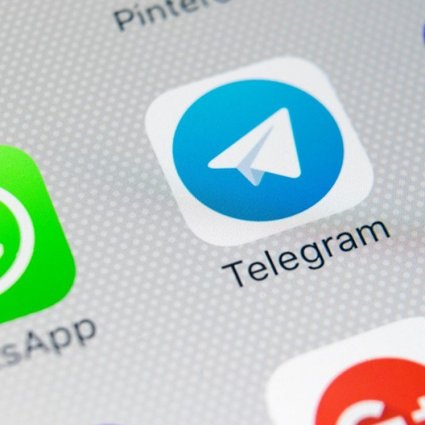BRASILIA, (Reuters) – Brazilian Supreme Court Justice Alexandre de Moraes yesterday ordered the suspension of messaging app Telegram, saying it had repeatedly refused to adhere to judicial orders or comply with the country’s laws, according to a copy of the ruling seen by Reuters.
Moraes’ decision, which is likely to stoke debate about freedom of speech in politically polarized Brazil, represents the latest chapter in the crusading justice’s battle with far-right President Jair Bolsonaro and his allies.
The president and his supporters have increasingly come to rely on Telegram as a form of mass communication as larger tech companies like Meta FB.O, which owns messaging app WhatsApp, Google GOOGL.O and Twitter TWTR.N have been forced by the Supreme Court to drop offending accounts over allegedly spreading disinformation.
Moraes has been leading a series of Supreme Court probes into the president and his supporters for disseminating fake news that have enraged many on the right and sparked questions of judicial overreach. According to Moraes’ ruling, Telegram has repeatedly failed to block offending accounts and ignored the court’s decisions.
He gave Wilson Diniz Wellisch, the head of telecoms regulator Anatel, 24 hours to implement the suspension, which would stand until Telegram complies with outstanding judicial orders, pays a series of fines, and presents a country representative before the court.
Moraes also ordered Apple AAPL.O and Google to help block users on their platforms from being able to use Telegram in Brazil. Both Apple and Google declined to comment.
Anatel said it had “forwarded the judicial decision to the entities operating in the regulated sector.”
Telegram, which has proved popular with far-right groups worldwide, did not respond to a request for comment. The Federal Police declined to comment.
In Germany, where local media reported that police in February blocked 64 Telegram channels, the app has been blamed for fueling an increasingly virulent subculture of anti-vaccine conspiracy theorists who exchange news about supposed dangers and arrange protests that have spilled over into violence.
In January, Bolsonaro accused the country’s top electoral authority of “cowardice” for considering a ban of the messaging app amid concerns of its use for spreading “fake news.”





